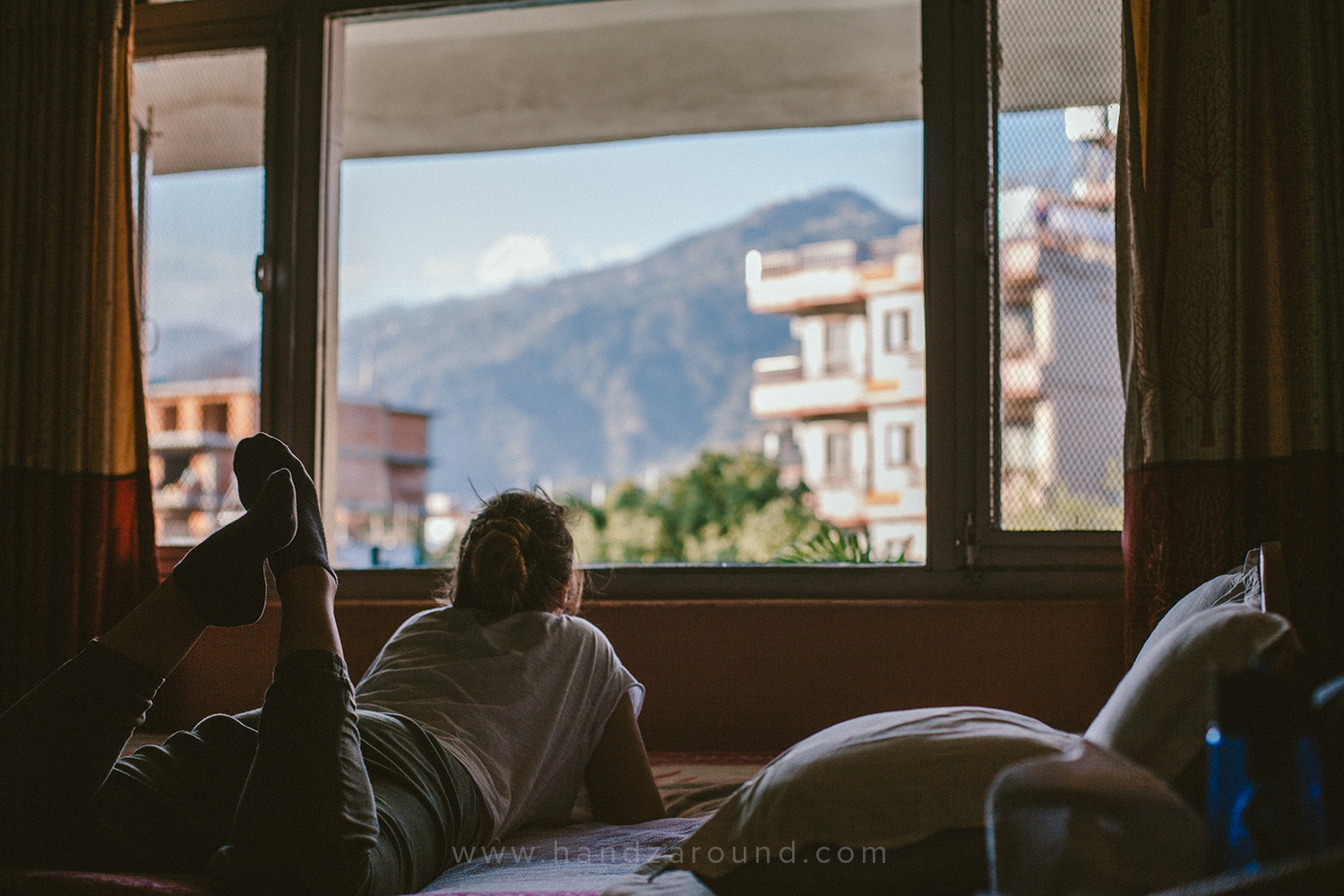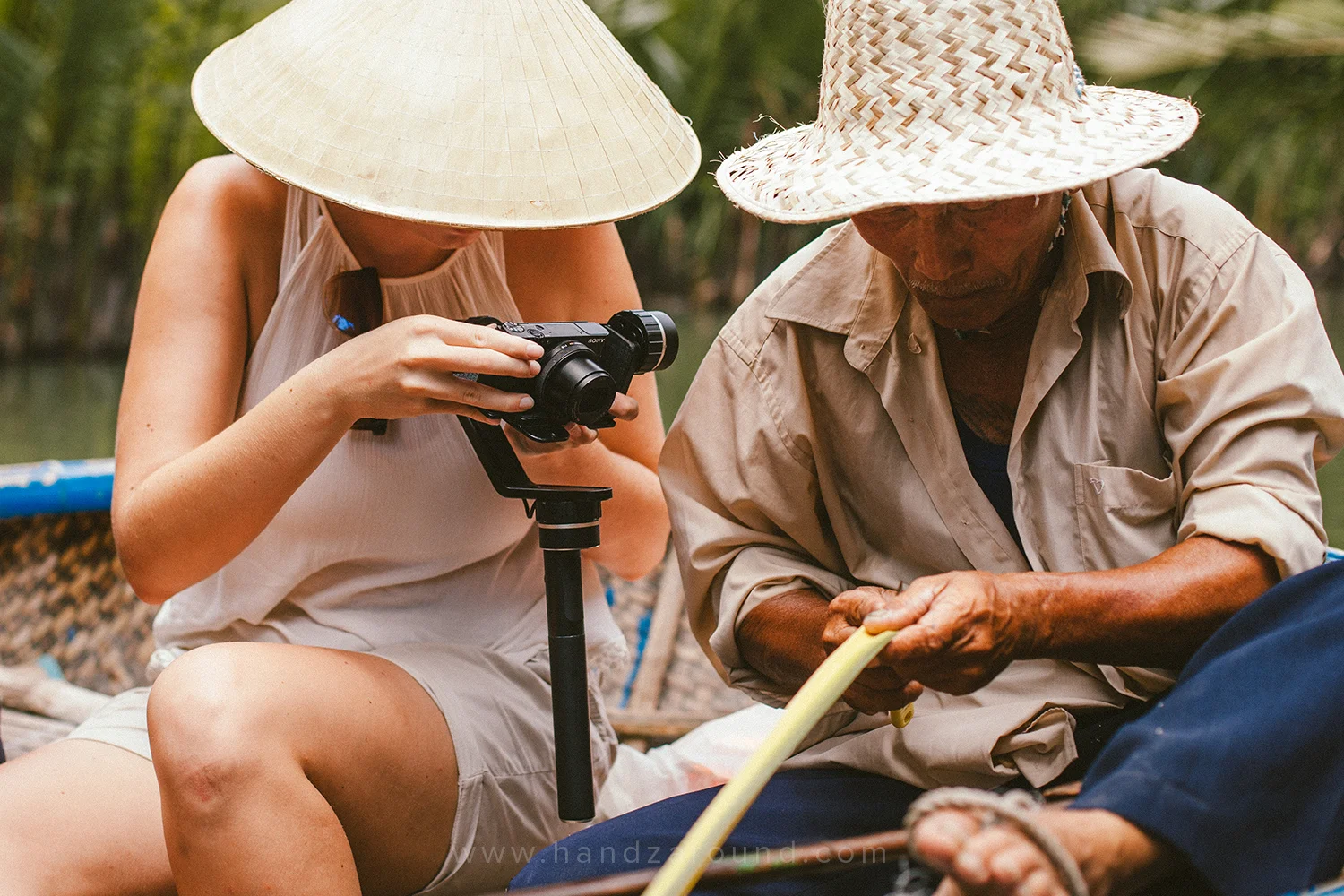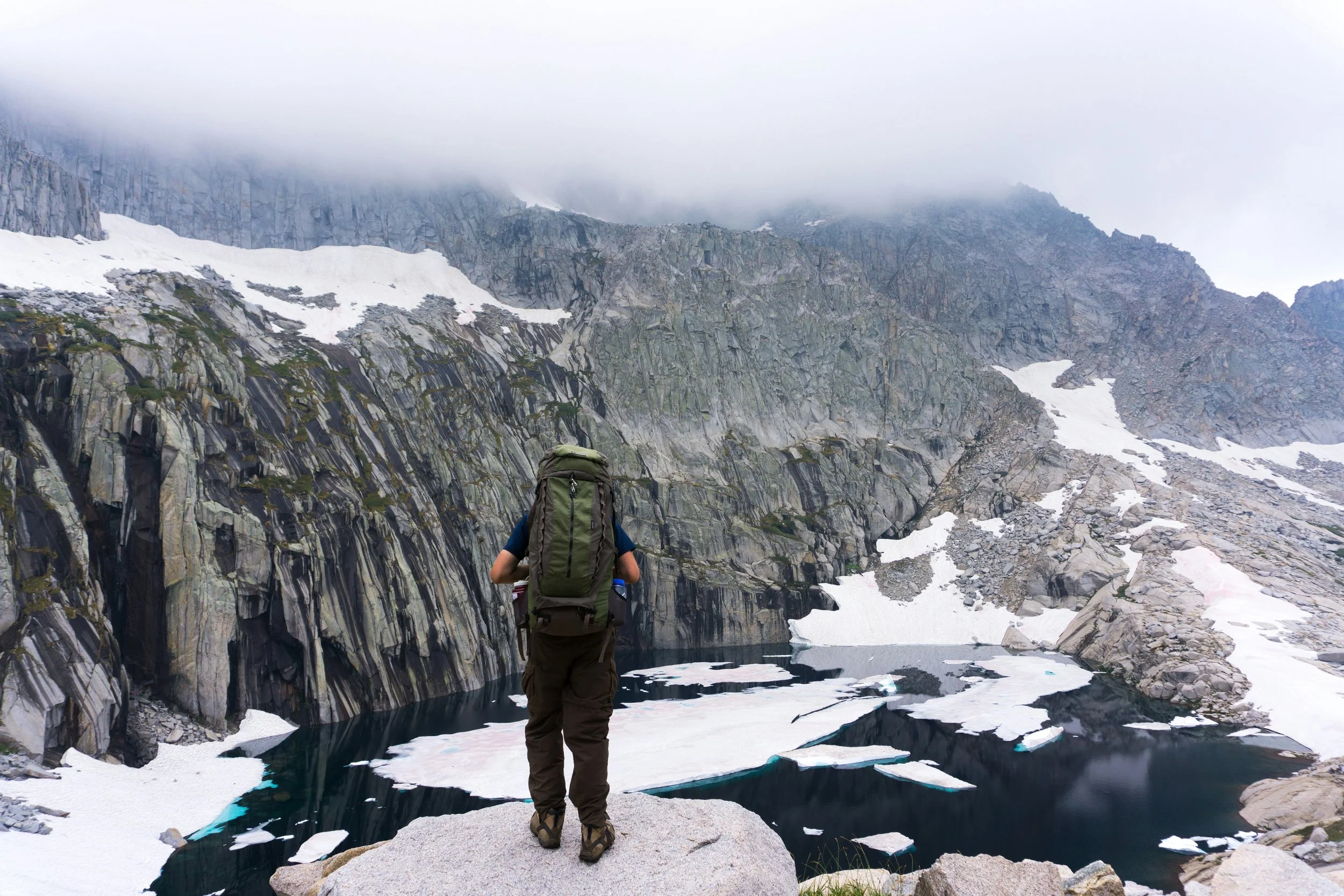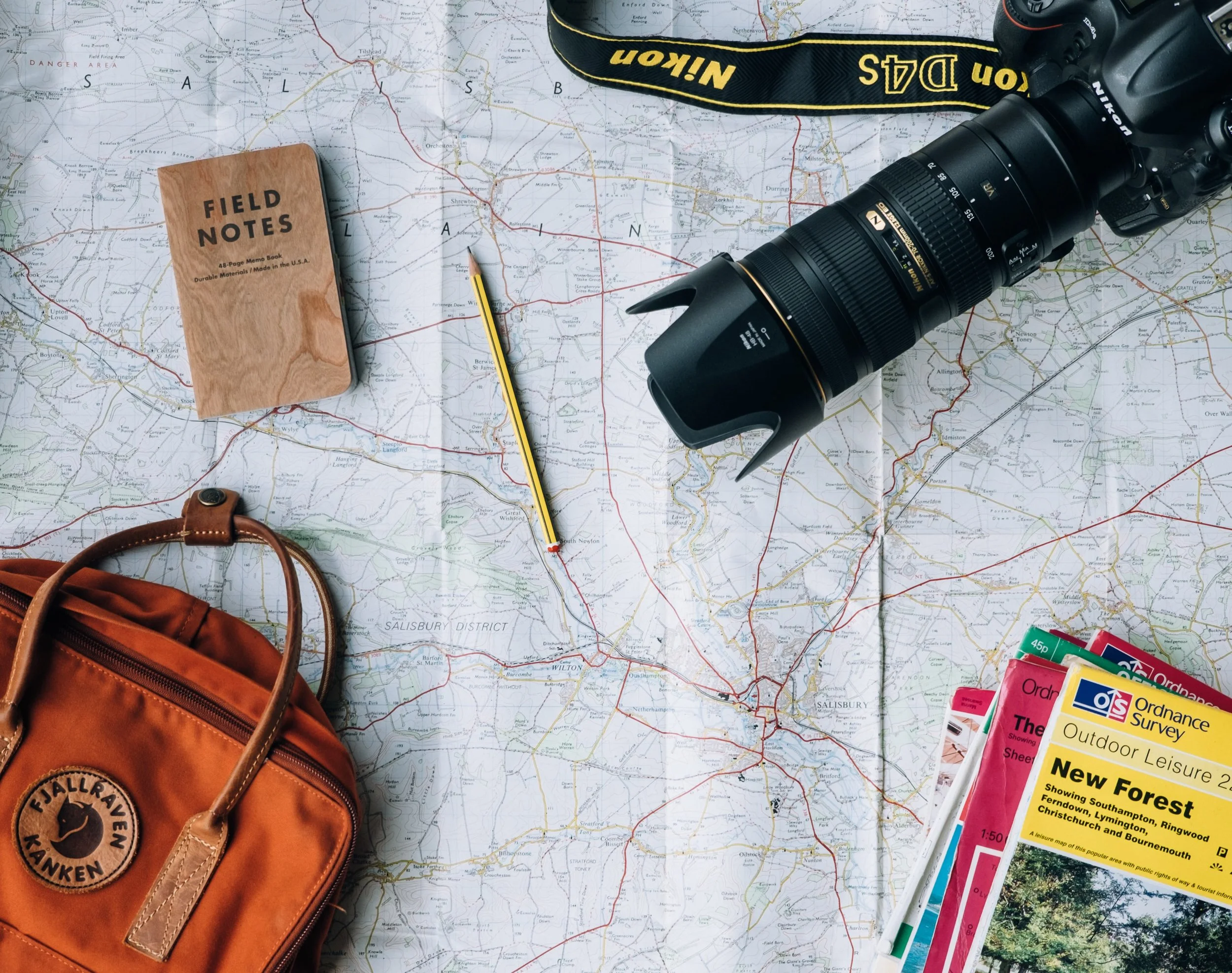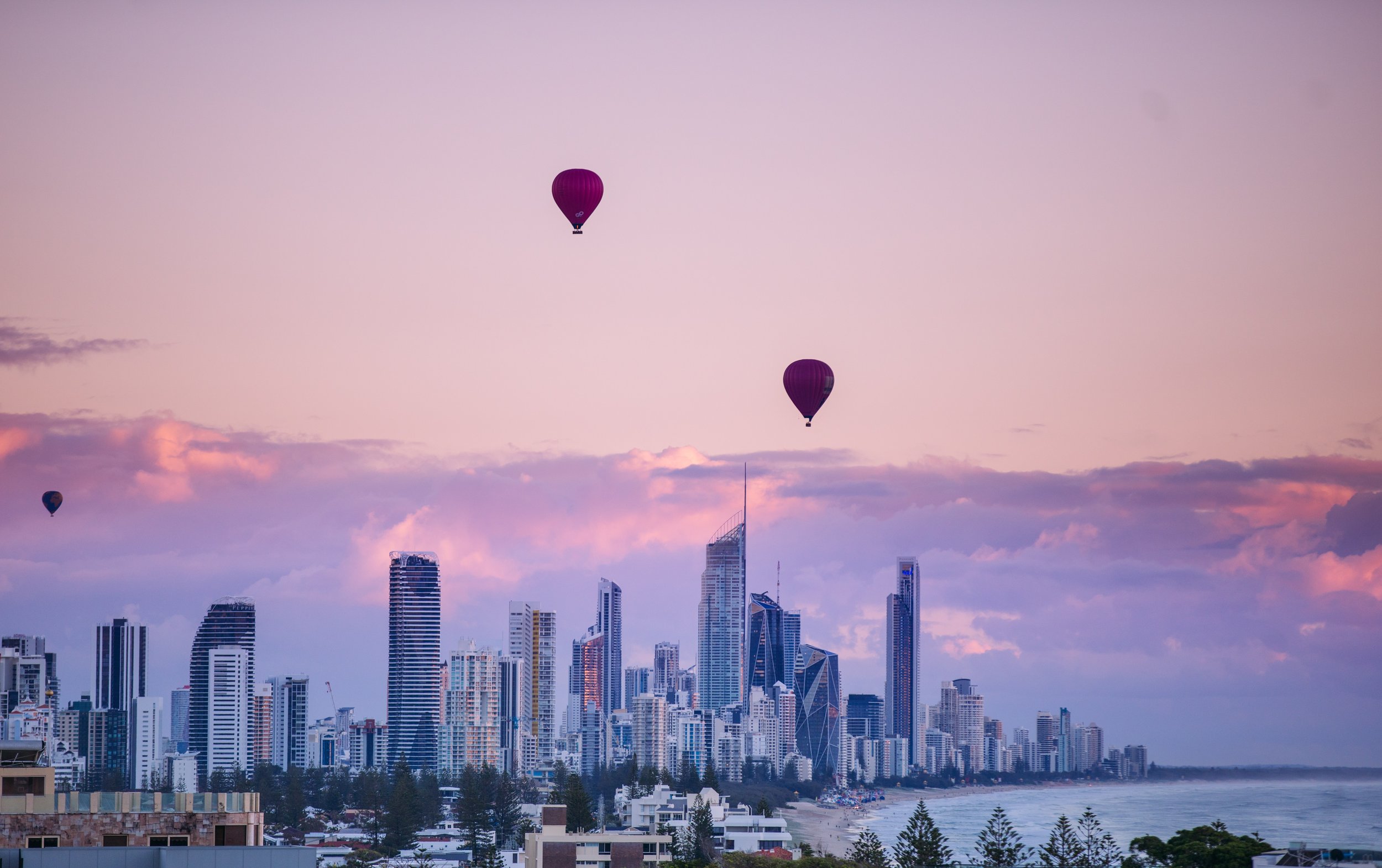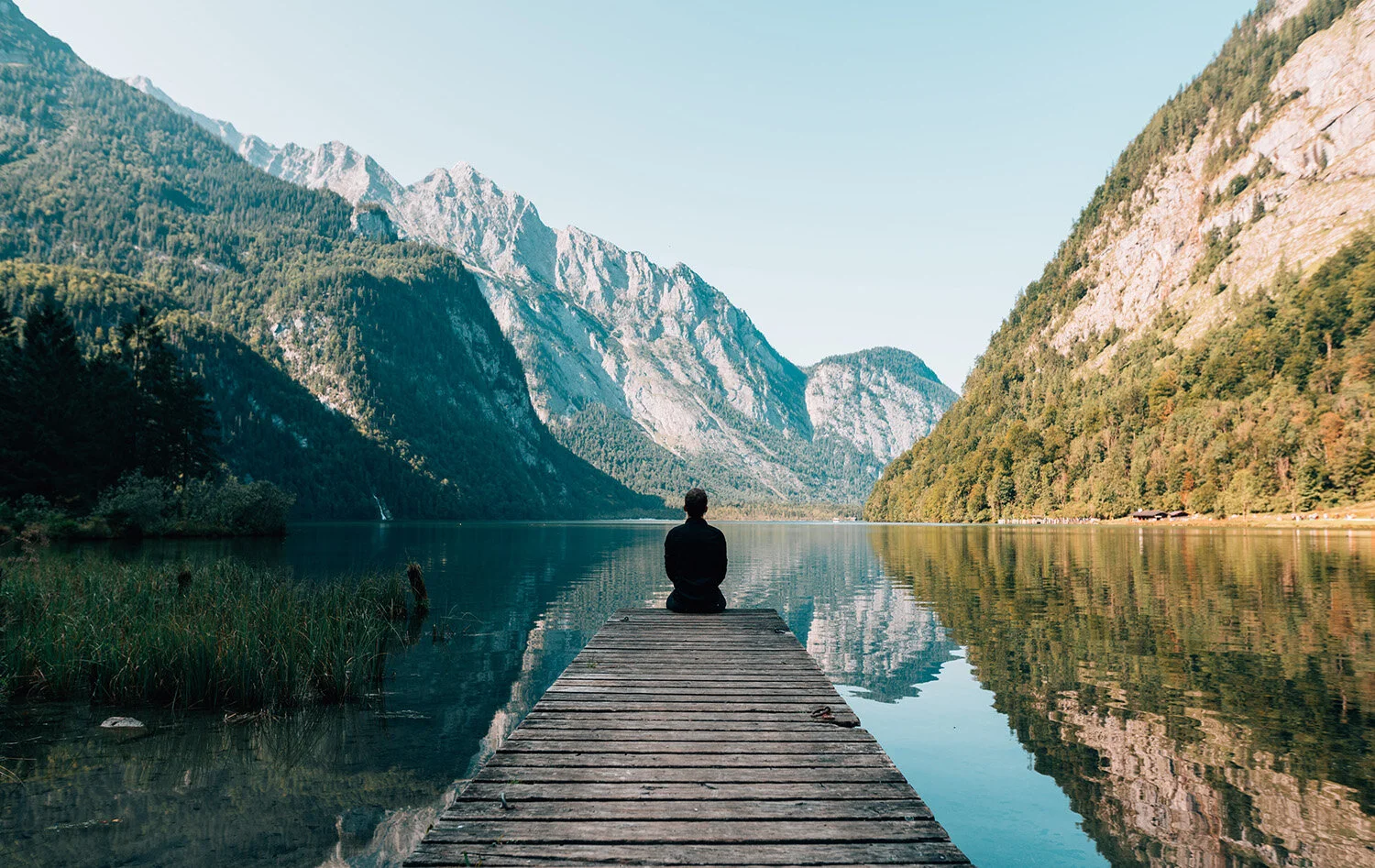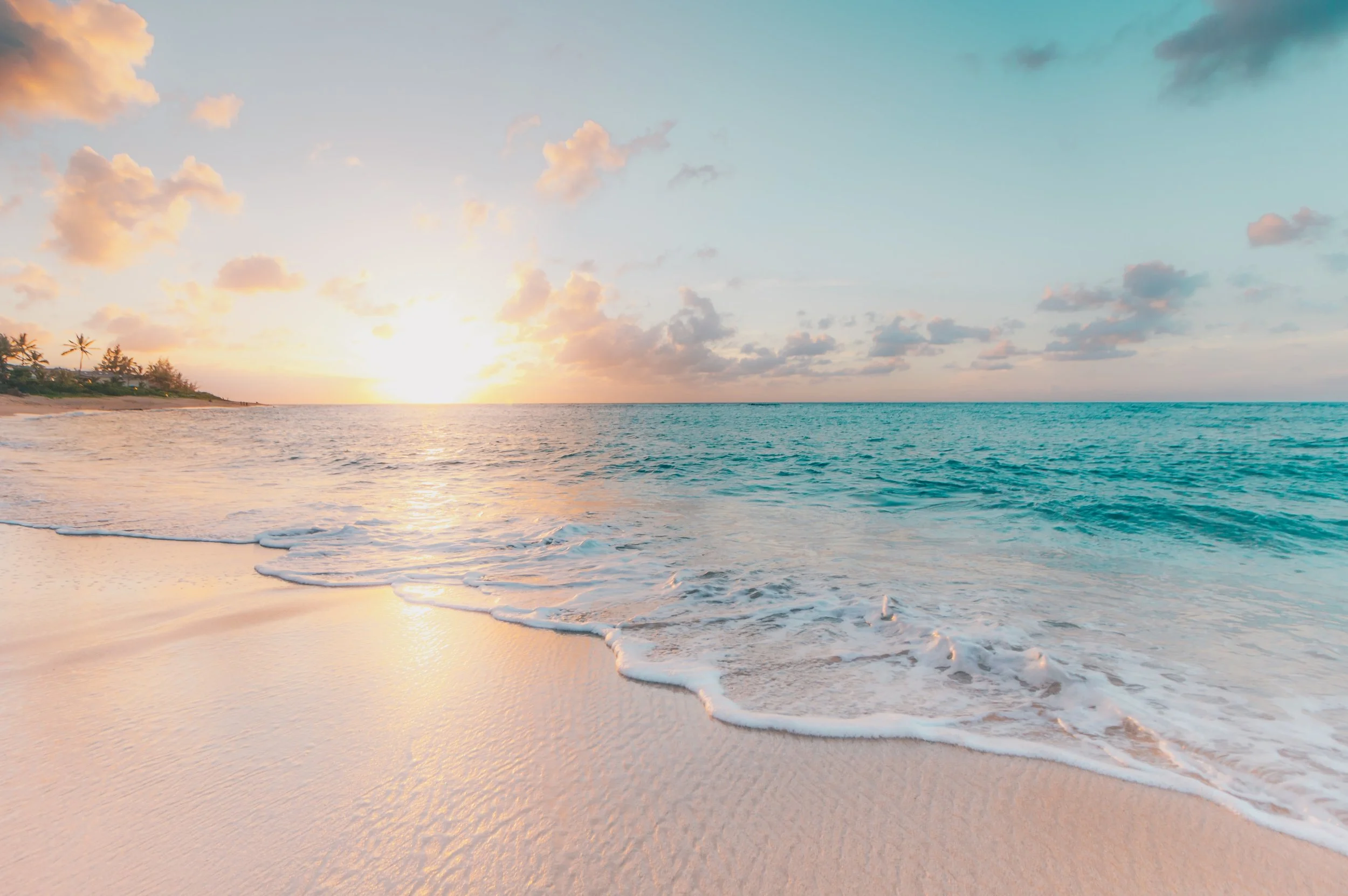The question that we get asked most often is 'How did you do that?!' - how did you travel in Asia for over 6 months, went through 9 countries and 38 cities, and most importantly how are you still going (bring on Africa in September!) ?
Well, organising a trip like that, or rather our daily life as of now, is definitely not that easy and absolutely not as care-free as most people think. Instead of answering this question every time we get asked, we thought that gathering what we learnt about our new life on the road would be a much better option. We hope that everyone who's considering long term travel but doesn't know where to start, or anyone who simply wonders 'how do we do that' can find their answers here!
Saving up
That was the base of even thinking about our travels. Whilst living in London, several months before our travels we made sure not to buy not needed things (no new clothes or shoe shopping!), limit our nights out and do food shopping once a week instead of buying stuff here and there, which always resulted in us spending more money. We didn't go on any weekend trips, didn't join our friends on festivals and skipped expensive Christmas gifts. Although sometimes we felt boring, we always had our big upcoming trip in the back of our minds and we pushed through!
Budgeting
When we don't track how much we spend, it's harder for us to actually realise where all the money goes to. That's why since our trip has begun, we have always used apps that helped us to track what we spend. This way, we can always look back and decide that we spend too much on food or drinks and order less the next time the opportunity comes. At the beginning of our trip we have also estimated our daily budget (£23 a day for us both), however it was the most ideal option. We were aware that probably we won't be able to stick to a budget like that at all times as some countries are more expensive than others, that's why we came up with our maximum budget a day for both of us, which is £30. Our budget includes food, drinks, accommodation, local transport and local flights, attractions, medicines, and all the other things that we need in our daily life. Our insurance and 'big flights' (the ones from one continent to another) were not in the daily budget. One strategy we use to help manage larger than usual expenses, for example some unplanned flights, is to split the cost over the entire time we are in that country. For example the flights in Vietnam were approximately £100, so we split that over the 30 days we were there. This brought our daily total down by a few pounds but made us feel like we were still staying in our budget.
Entrance tickets to Patan's durbar square in Nepal
Choosing modest accommodation
Accommodation is a very important part of our trip as it takes a substantial part of our daily budget and of course it's sort of 'our home' for the night. Most of the time we go for the cheapest option on Booking.com (£8-12 on average in Asia, £12-16 in more expensive places in Asia), however we don't usually book a place for longer than one night. Once we get to a location we like to walk around and ask about prices to see if we find a better deal than we had found online. Usually hostels we stay at are not very impressive - simple beds and a bathroom, ideally A/C or a fan, but we don't need much to be happy - we have our laptops to work on, usually beautiful surroundings and we're all set!
A few times we decided on booking a better accommodation - we either were sick and needed somewhere comfy and clean to get better, or we simply had enough of hard beds and rooms where only one of us can stand up at a time. And of course, working with hotels and resorts (more information below) meant we had a great accommodation for free at times.
Resting in Pokhara with the view on the Himalayas
Following the locals
Majority of the people in the Indian subcontinent and Southeast Asia live off less than $10 a day. This means that if you follow the locals to their bars, diners or markets, you'll pay much less than if you bought the same things from a convenient western looking supermarket or a restaurant. Of course, Asia is very ready for the tourists (Southeast Asia much more than Indian subcontinent), which means you will be bombarded with French bakeries, artisan coffees and restaurants serving everything from pizza to a steak. All can be topped up with imported beer or wine that you can choose from a menu translated conveniently to English.
But if we stuck to these places, we would have never been able to stay within our budget. All these convenient things cost as much as they do in London or Sydney. To skip the middle man and pay less, most of the time we made sure we ate local dishes, usually served in shacks on the streets, or from pulled carts. Of course, majority of the time we didn't even know what we were ordering - we simply saw what they were serving to others and used our fingers to point to things which we wanted to find in our yummy won ton soup or pad thai. This also meant that we ate food prepared in conditions that could be described as questionable by some people, but oh well... we only got sick twice during all these months, and to many people's astonishment, it wasn't even whilst eating from street food vendors in India!
Drinking beers with the locals in Cambodia
Using Local public transport
Another thing that's an important part of our daily life! In Asia we only took two flight (from Phu Quoc to Saigon, and, from Hoi An to Hanoi in Vietnam) and besides that, we only commuted by foot, bicycles, scooters, tuk tuks, buses, trains, ferries and boats. We got through the whole Southeast Asia, from South of Thailand through Laos, Cambodia and from South of Vietnam up to the North, using local public transport and stayed within our (£23-30 budget a day). This meant some pretty funny rides at times, like the one through Laos, but overall we have good memories! We also rode around Sri Lanka on buses and trains, commuted on local buses in Nepal and trains in India. The key was always asking the locals. We would say the name of the place we're going to, or show them on the map (on our phone) and they would show us where to go. Obviously at times it was hit and miss with people wanting to give us advice, but not knowing much about the actual bus service meant we had to trust the locals. That's why we always asked at least three independent people and then compared the information. Of course in more convenient places, like Thailand, Vietnam and parts of Cambodia, sometimes we made our way to local travel agents to buy the bus tickets. Over the time we learnt that the local agents often resell the tickets from other companies so we started to visit at least three different offices to compare the prices and often managed to find the company that actually serves the bus and is not just a middleman, or buy straight from the bus station if possible. And as always the rule was not to choose 'a luxurious bus service' as advertised by some, but just a standard seat, ideally with A/C but open windows with the wind in the hair made for an alright ride too!
Waiting to take off in the Sri Lankan bus
Trading skills
Exchanging our knowledge and experience for accommodation or tours became a great way to save up money (and sometimes even earn something!), meet locals and bring more sense to choosing the direction that we headed to.
In our case, film and photography (and Zach's educational background) got us many things and relationships that we still cherish. At first we used Workaway that got us a great two week stay in Luang Prabang where Zach taught local adults English and I created social media content for a bar.
Since then, whilst traveling through Laos, Cambodia and Vietnam, we reached out independently (through email and word of mouth) to tour operators, hotels and resorts. That got us into some beautiful places and we had a chance to form bonds with the lovely local people, such as Hoang from Hoi An. We stayed in beautiful resorts and experienced things like walking with the elephants through the jungle - all in exchange for film and photography. The way we did it was contacting certain places with our portfolio and then discussing terms on which we would be allowed to stay in a place. Even though our experiences were based on film and photography, along the way we met and heard of many people who stopped in a place to work in the bar or teach English so whatever you do, you can also do it!
Filming local fishermen in Vietnamese Hoi An
Not treating travels as holidays
Whatever we did and wherever we went, we were always aware that we are not on holidays. The word 'holidays' brings on many connotations such as lounging around, spending lazy hours on the beach, eating ice cream and spending money on the things we like. Even though our trip has been 'an adventure' and we have wanted to try as many new things as possible, whether it's food or experiences, we have set some limits to what we can and cannot do. Since we started to treat travelling as our daily life, there is no spending money on silly things that we don't need, on expensive luxurious dinners, cruises or having a massage and ice cream every day. There is no sleeping in every single day and lounging in the swimming pool for the majority of our trip. Of course, a couple times we did splash more money than needed, e.g. on a dinner for our anniversary and drinks and we did sleep all day to catch up with our exhaustion. But besides that, we're pretty serious about treating this journey as our job - researching places, organising ourselves and transport, writing, photographing and filming - this all takes a lot of time and fills our days. So an honest word to anyone, who considers long term budget travel - it won't feel like a two week all-inclusive holidays, and in fact it will feel pretty rough at times, but it's all totally worth it!
Beach vibes in Vietnamese Phu Quoc island
Being flexible
Being flexible got us a long way. Not only in saving up money, but also in experiencing unique things that are impossible to plan ahead. Sometimes it happened that someone was interested in us making a film for them, just as we were supposed to leave the town - we would then make the last minute decision to stay, if it was possible. Or when we simply didn't like the place we were visiting, we would get out of there as soon as we could.
Other times, being flexible was all about creating relationships with the local people. One night we were walking back to our hostel, tired after long day, and a bunch of Lao people invited us to celebrate a kid's birthday with them. They wouldn't let us go unless we had lots of beers! If we had stuck to our original plan, we wouldn't have had such a fun night and met local people (and we wouldn't have been live-streamed to their Facebooks haha!). The rule goes to pretty much everything - when we got our visas processed with a leaving date two days before our flight out of the country, we had to re-adjust our plans and leave early.
When we travel we try to have the luxury of having time. That's what decides on how flexible we can be. And as you may already know or just about to find out, the time is the most precious thing in the world and in our lives. So being flexible means to us simply - 'spend your time on the things you like and the things that have to be done, and don't waste your time on the things you don't like'.
Zach being super-flexible at the waterfall near Chang Mai in Thailand


